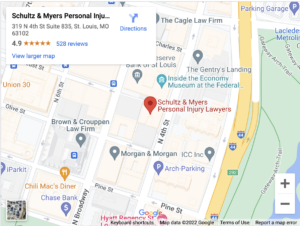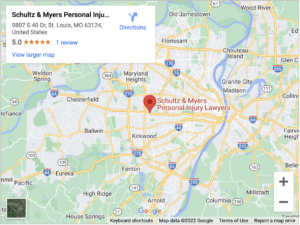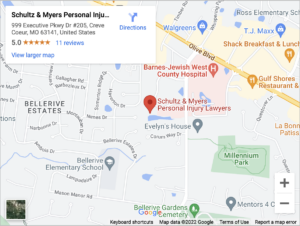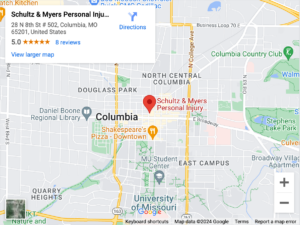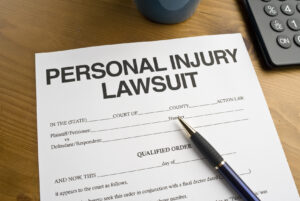
If you’re involved in a personal injury case in St. Louis, MO, you may hear the term deposition during the legal process. A deposition is an important part of a lawsuit, where attorneys gather information and statements from witnesses under oath before the case goes to trial. Understanding what a deposition is and how it affects your case can help you feel more prepared and confident.
What Is a Deposition?

A deposition is a formal interview that takes place during the discovery phase of a lawsuit. It is a question-and-answer session where attorneys from both sides gather evidence by taking sworn testimony from parties, witnesses, and experts. Depositions are conducted outside the courtroom, usually in a lawyer’s office, and a court reporter records the testimony.
Depositions help both sides understand the details of the case, assess the strength of their arguments, and prepare for trial. If you are involved in a personal injury claim, you may be required to participate in a deposition as part of the legal process.
Why Are Depositions Important in Personal Injury Cases?
Depositions play a key role in personal injury cases because they:
- Help Lawyers Gather Evidence: Lawyers use depositions to collect witness statements and learn what each party knows about the case.
- Clarify Facts and Inconsistencies: If a witness changes their story later, attorneys can use deposition testimony to identify contradictions.
- Determine Settlement Possibilities: Strong deposition testimony can encourage settlement negotiations instead of going to trial.
- Prepare for Trial: Attorneys use depositions to build their case strategy and anticipate what witnesses will say in court.
The statements made during a deposition can greatly impact the outcome of a personal injury claim.
What Happens During a Deposition?
Depositions follow a structured process that allows attorneys to gather testimony effectively. Here’s what to expect:
- Swearing in the Witness: Before answering questions, the witness (also called the deponent) takes an oath to tell the truth.
- Attorney Questions: Attorneys from both sides ask questions about the accident, injuries, and other relevant details. Questions are designed to clarify what happened and how it affected you.
- Recording the Testimony: A court reporter transcribes everything said during the deposition. In some cases, the session may also be recorded on video.
- Cross-Examination: The opposing attorney may ask follow-up questions to challenge the witness’s statements. Your attorney will also have an opportunity to clarify any points.
If an attorney asks an improper question during the deposition, your lawyer can object on your behalf. Objections may be based on issues like relevance, hearsay, or improper questioning. After the deposition, the witness’s testimony can be used in court if necessary.
How to Prepare for a Deposition
Preparation is key if you are asked to give a deposition in your personal injury case. Here are some important tips to help you feel confident:
- Review Your Case Details: Go over the accident details, medical treatments, and how the injuries have affected your life. Refresh your memory by reviewing documents and notes related to the case.
- Be Honest and Clear: Always tell the truth, as you are under oath. Keep your answers short and to the point. Avoid guessing or speculating.
- Stay Calm and Professional: Depositions can feel stressful, but it’s important to stay calm. If you don’t understand a question, ask for clarification before answering.
- Work With Your Lawyer: Your personal injury lawyer will help you prepare and advise you on how to handle difficult questions. If an attorney asks an improper or misleading question, your lawyer may object on your behalf.
Being well-prepared for your deposition can help protect your legal rights and strengthen your case.
Can Deposition Testimony Be Used in Court?
Yes, deposition testimony can be used in court under certain circumstances. It can be used to challenge a witness’s consistent statement. Additionally, if a witness is unavailable, their deposition testimony may be used in court.
What you say in a deposition can impact the outcome of your case, so it’s important to take the process seriously.
Contact Schultz & Myers Personal Injury Lawyers for a Free Consultation
If you have a personal injury case and are facing a deposition, our team at Schultz & Myers Personal Injury Lawyers can help you prepare. We’ll make sure you understand the process, feel confident, and protect your rights.
Contact us or call our St. Louis personal injury lawyers at (314) 444-4444 for a free consultation. Let us help you navigate the legal process and fight for the compensation you deserve.

